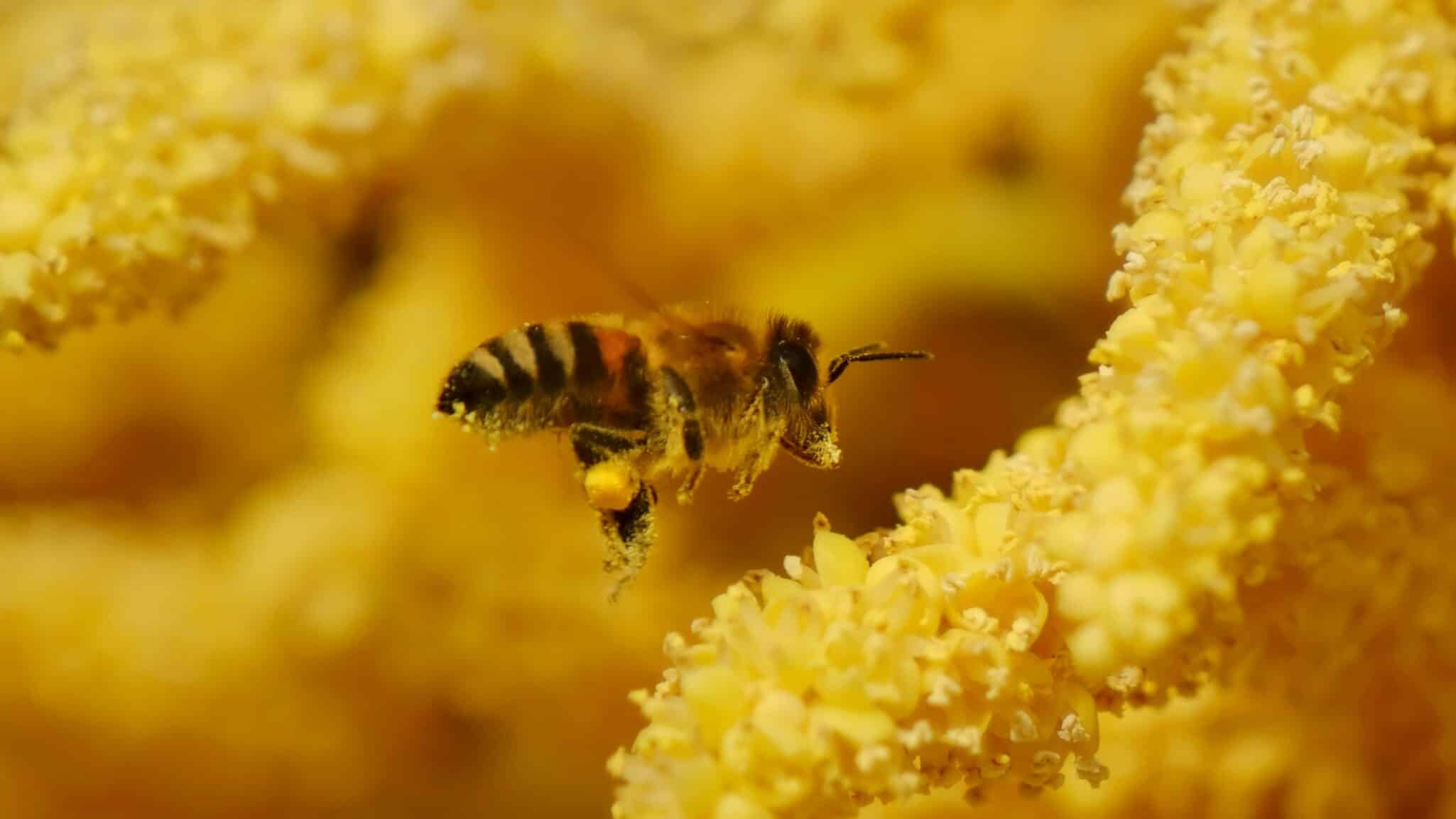Key Takeaways:
- BCG identifies Agriculture 4.0 as New Zealand’s most immediate and mature growth opportunity
- Report envisions Aotearoa as a global leader in agritech by 2050
- 15 priority actions proposed to strengthen innovation, investment, and collaboration
- Māori cultural values emphasized as central to sustainable agritech development
- BCG calls for an ecosystem-led, industry-driven approach to achieve long-term success
BCG report highlights Agriculture 4.0 as a national growth priority
Boston Consulting Group (BCG) has released The Future of NZ Inc: What Will New Zealand Be Known for in 2050?, a report positioning Agriculture 4.0 (agritech) as New Zealand’s most immediate opportunity to drive productivity and long-term economic growth.
BCG outlines a vision in which Aotearoa becomes a global hub for agritech innovation by 2050—where research excellence, Māori values, and private investment come together to build technologies that strengthen food and fibre systems. The report identifies agritech as the most developed ecosystem capable of delivering both commercial and social benefits across the nation’s economy.
BCG proposes roadmap and targets for 2030
The BCG report emphasizes that to reach its 2050 vision, New Zealand must first achieve measurable progress by 2030. The roadmap includes:
- Doubling domestic and foreign investment in agritech
- Scaling homegrown ventures into international markets
- Strengthening university commercialisation and research partnerships
- Expanding agritech-focused STEM and vocational training programs
- Embedding Māori principles such as kaitiakitanga (guardianship) in product design and business models
BCG states that this “agritech flywheel” – a self-sustaining cycle of innovation, capital, and growth – will help establish a globally competitive agritech ecosystem that supports sustainable development.
15 priority actions to build a resilient agritech ecosystem
The BCG report identifies 15 actions across four categories, designed to address funding, talent, and regulatory barriers within the current system.
Quick Wins
Expand agritech-specific co-investment funds such as Elevate NZ and Sustainable Food and Fibre Futures; target agritech foreign direct investment through structured partnerships; and provide tailored finance for Māori agritech ventures.
Bold Bets
Create agritech-focused STEM pathways, develop regulatory sandboxes for field trials, and establish a fast-track regulatory clinic for emerging technologies.
Low-Hanging Fruit
Fund regional innovation hubs that link researchers, startups, and growers, and institutionalize an agritech orchestrator to coach and mentor emerging companies.
Strategic Long Shots
Integrate Māori knowledge systems into intellectual property frameworks, support shared agritech infrastructure investments, and launch fellowships to attract global agritech talent back to New Zealand.
Collaboration at the center of BCG’s recommendations
BCG emphasizes that lasting success requires collective leadership rather than reliance on government-led initiatives. The organization calls for alignment between private investors, iwi, universities, researchers, and industry partners to ensure a unified national effort.
According to BCG, “New Zealand’s agritech opportunity will only be realized if the ecosystem moves together—bridging innovation, culture, and investment.”
BCG sees agritech as a defining pillar of New Zealand’s future
The BCG report concludes that agritech is one of the strongest pathways for Aotearoa to achieve sustainable economic growth, enhance productivity, and strengthen its international reputation in food and agriculture.
By connecting technology, talent, and traditional values, BCG believes New Zealand can position itself as a global leader in agritech and set a new standard for sustainability and innovation in the decades ahead.
Read the full report here.


